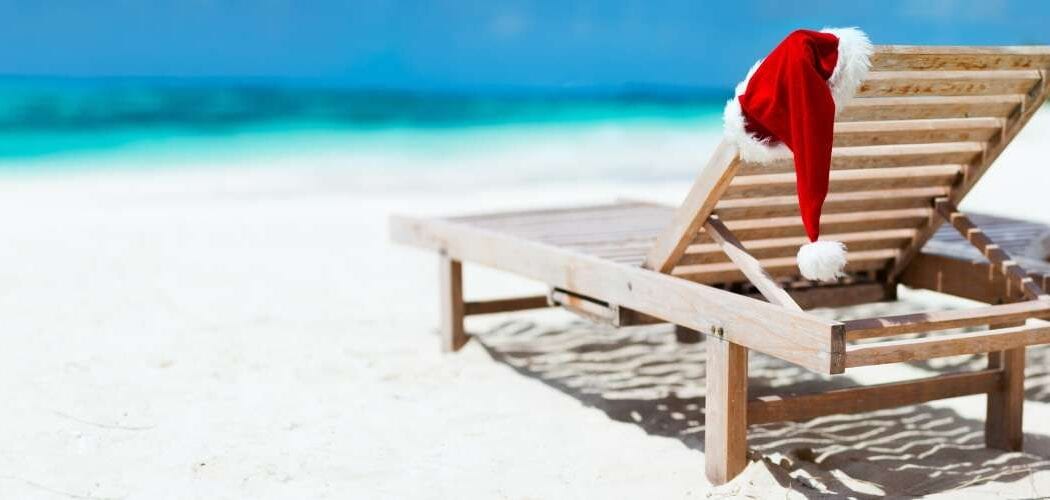
KJIPUKTUK (Halifax) – Years ago, when I was in Paris, I noticed the government regulated sales in shops—not everyday sales, but discounts on merchandise sales – to two times annually. One time was after Christmas, in January. The second time was in July. In the heat of the summer, many products and clothes and everything else were “on sale.” Some joked that the good deals on sale in the summer were like Christmas in July. That meant that French people could experience treats and “good buys” at the height of the summer.
I write this because now is the time for Canadians to think about celebrating Christmas next July.
Of course, it’s not the same as Christmas with frost and the chance of snow. Actually meteorologists predict that only three cities in southern Canada have a 95% or greater chance of having a white Christmas — Quebec City, Winnipeg and Saskatoon!
Christmas does not feel quite right unless it’s in a cosy home, with baking, home cooking and possibly a fire burning in the wood stove or fireplace. And of course the key ingredient is family – relatives who have not met all year go “home” to visit with one another.
But if we celebrate Christmas in July this year, we could save a lot of Canadians’ lives. Covid-19 cases are increasing at a frightening rate, as we go into the winter season. In Quebec and Ontario the figures are getting worse by the day. In Manitoba and Saskatchewan, new Covid cases have increased exponentially in the last week.
To understand more about exponential growth, I recommend reading this clear article by British health statisticians: Exponential growth: what it is, why it matters, and how to spot it
What is unambiguous is this: The more we allow stores, supermarkets, hardware stores, gyms, libraries, restaurants, bars, shops and cafes to remain open – even with social distancing and masks, the more Covid cases we will have to track due to community spread. It’s tough to socially distance all the time, and few customers wear masks when they sit down to drink or eat at cafes, bars and restaurants. But more than that, we know the number one problem is gatherings of friends, relatives or groups of people. Nova Scotia’s Chief Medical Officer of Health, Dr Strang, is discouraging any get-togethers in groups, including sports events, weddings, funerals, or even family meals and parties.
Christmas is a time full of family meals. It’s a time to visit homes of friends and relatives. It’s a time when sons, daughters and grandchildren come from across the country for a handful of days just to see family. This will be a Covid disaster for Nova Scotia. The 14-day self-isolation period –which is now mandatory for outside travelers to our Atlantic bubble– will go out the window. Few have 14 days to spend in isolation before Christmas day at grannie’s – fewer can budget an extra four or five days on top of 14 days for vacation. Then there is the prospect of self-isolating when they return home. With cases climbing across the country, when people return to Ontario, Manitoba or BC they might have to self-isolate. Suddenly a family has to budget nearly a month for what was a week-long Christmas holiday.
If people do not self-isolate, we see what happens with Covid cases.
The way around this is to celebrate Christmas in July. Even if we don’t have a vaccine by then, we can meet around a picnic table, outdoors. Dr Strang tells us that during Covid, outdoors is the safest place to socialize. In July, there could be visits, outside activities, trips to the beach or the playground, all relatively safe gatherings. Remember how Covid cases across the country dropped precipitously over the summer of 2020?
There is the added advantage of the post-Christmas sales – buy your gifts and save them for a safer and happier celebration in July.
Judy Haiven is on the steering committee of Equity Watch, an organization that fights discrimination, bullying and racism in the workplace. Contact her at equitywatchns@gmail.com
With a special thanks to our generous donors who make publication of the Nova Scotia Advocate possible.
Subscribe to the Nova Scotia Advocate weekly digest and never miss an article again. It’s free!



